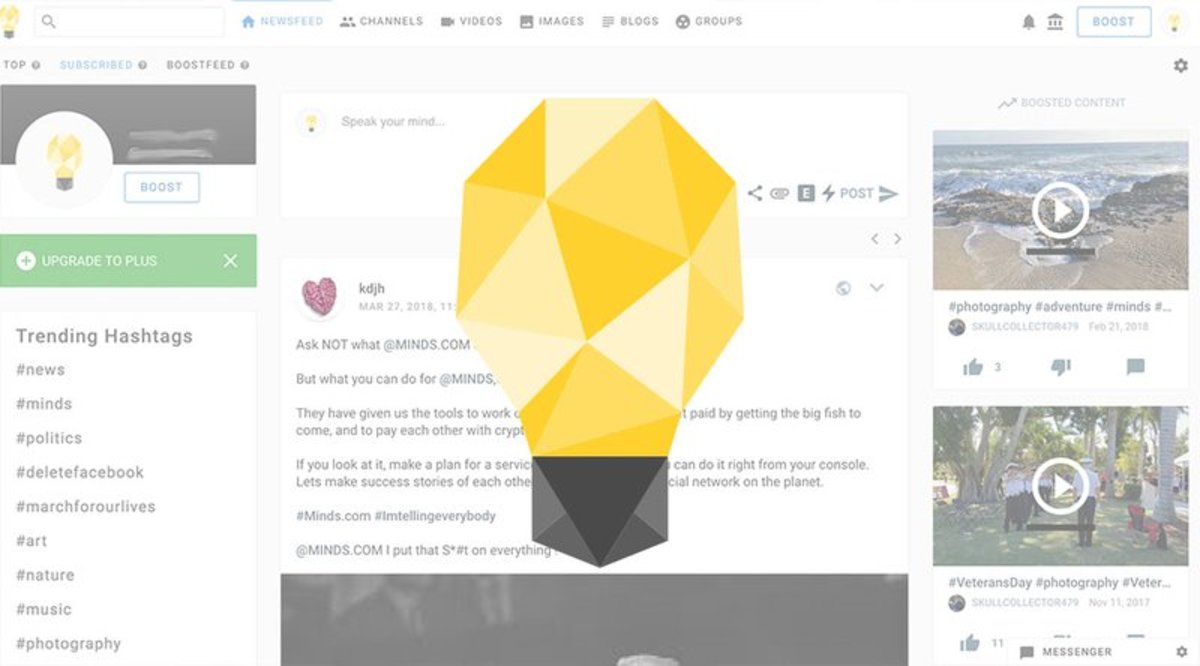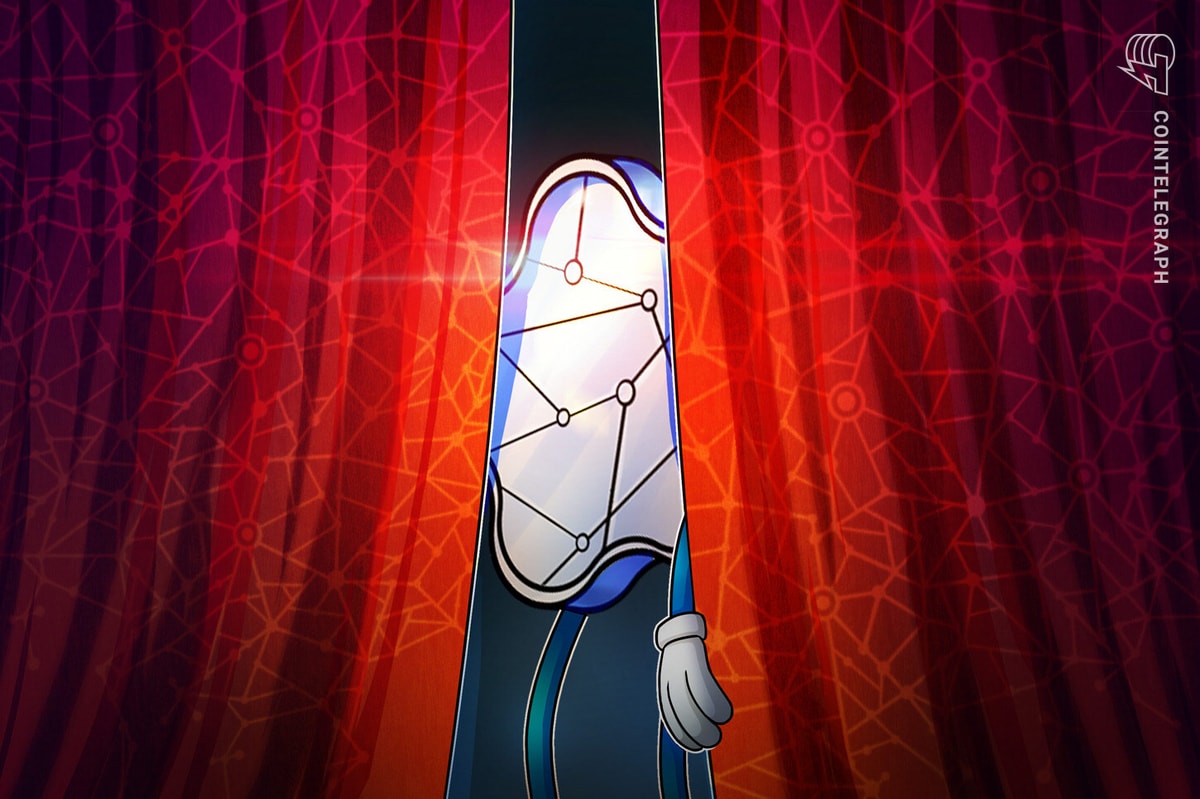
The decentralized social media platform Minds is making moves to implement the Ethereum blockchain into its core features. After launching in 2015, Minds.com has quickly grown to one million registered accounts and over 73 million unique page views.
Now, the project is taking decentralization even further with the launch of the Minds Crypto Social Network. This evolution of the platform will make it a fully functioning dApp running on the Ethereum blockchain for both mobile and web devices, replete with a white paper to outline this direction and the specifications of the project’s next step.
“This is the biggest upgrade we’ve ever done,” Minds founder Bill Ottman told Bitcoin Magazine. “We revamped the UX for the web and we completely rewrote all the mobile apps in React Native so they’re high performing now. There’s a whole list of changes.”
One of the most foundational changes is Minds’ migration to the Minds token for its native rewards system. Replacing the points system the platform currently has in place, Minds tokens will allow users to monetize their content through a peer-driven, incentive-based rewards system. Users can use Minds tokens to subscribe to or tip content creators on the platform, and platform participants will receive a portion of the Minds Daily Reward Pool proportionally to the popularity of their posts. For now, the token model will run on the Ethereum testnet until the team is certain of its functionality and reliability.
In addition, Minds.com will feature a built-in wallet for these tokens so users can freely manage their earnings, subscribe to exclusive content from other users and transact with each other on the platform. Among a number of additional features, the network will also feature encrypted messaging, anonymous accounts and a non-tracking ad model.
These features are instrumental to Ottman’s vision for a completely democratized, user-run social media platform, and this is just the beginning. For Ottman, these are the budding fruits of a concept that took root in 2011, one that he believes could disrupt the centralized status quo for global social media.
“I always knew that an open-source social network was inevitably going to emerge and become competitive with the top establishment social network. It also became clear that the mainstream social networks were not rewarding people — were not incentivizing people. They weren’t giving revenue opportunities. They’re restricting people’s reach — they’re spying on people! So it became sort of obvious that there’s a market requirement for this space that we’ve filled.”
To some in the cryptocurrency realm, that “market requirement” has become increasingly obvious in light of Google’s, Facebook’s and Twitter’s blanket ban on crypto-related ads. These restrictions especially hit home for Ottman, whose brainchild was nixed by Google when Minds.com ads were banned from all of Alphabet Inc.’s platforms.
Fox News anchor Tucker Carlson invited Ottman on his show to share his experience and comment on what he sees as censorship by Alphabet. During the segment, Ottman expressed his hope for a future where social media platforms are completely decentralized and freed from the monolithic control that big tech companies like Google and Facebook hold over the internet’s landscape.
“I’m very idealistic, as well, to think that we can have wholly decentralized social networks,” Ottman acknowledged during our talk. He finds that “there are also benefits of centralized servers” to “support certain [functions]” alongside the blockchain. As such, Minds is working toward a “hybridized” approach, according to Ottman, one that allows users to choose whether or not to participate in the Minds token economy.
“Our goal is to give users the option. When you do a post on social media, how do you want to post? Do you want to post it to the blockchain? Do you want to do a torrent? Do you want to post it to a Minds server? Do you want to post it to your own server so you can delete it? Because depending on the post, you’re going to have different intentions.”
The on-chain/off-chain model will certainly ease the network burden Minds.com could bring to the Ethereum blockchain as it picks up steam. However, Ethereum’s scalability raises questions for blockchain-powered posts, and Ottman himself acknowledged that the tech is too underdeveloped right now to support a completely decentralized social network.
“We’re not there yet,” Ottman admitted in our interview. “We’re taking a step-by-step approach. We want to get there.”
With incremental, steady progress, however, Ottman is confident that platforms like Minds.com will mature enough to hold their own against tech’s industry titans. Once people are given the choice of reclaiming control (and purchasing power) over their content, he believes that it’s only a matter of time before users make the switch.
“Now it’s just a matter of catching up to [mainstream platforms] in terms of functionality. When people have the choice between something transparent, protecting privacy, and reward-based — it’s a no brainer.”
Still, it takes a village, and those who share Minds.com’s vision for a liberated social media landscape must do their part to secure this future.
“It is important to sign up, to show support,” Ottman said. “Not just with Minds, but with all the different projects going on in this space because that’s what empowers the movement. Being active on these apps is literally what transfers power — so this whole #deletefacebook movement is really important. That’s how sites grow, that’s how they earn revenue, that’s how they become sustainable businesses.”










